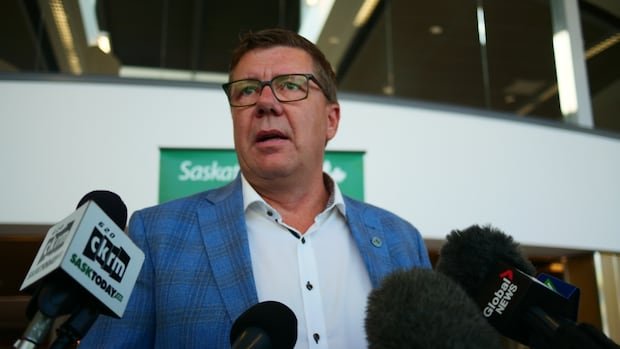Saskatchewan’s Premier Scott Moe recently returned from China, expressing optimism about resolving a trade dispute that has led to significant tariffs on Canadian canola products. Moe, along with Prime Minister Mark Carney’s parliamentary secretary Kody Blois, engaged in discussions with Chinese officials overseeing the imposition of high tariffs on Canadian canola. The meetings, including talks with Li Chenggang, an international trade negotiator from China’s Ministry of Commerce, and other industry representatives, showed a more positive tone than anticipated.
China’s actions, such as imposing a 76% tariff on Canadian canola seed and levies on canola oil, meal, peas, pork, and seafood products in response to Canada’s tariffs on Chinese steel and aluminum, have severely impacted Saskatchewan producers, causing approximately $650 million in losses. Bill Prybylski, a farmer and president of the Agricultural Producers Association of Saskatchewan, highlighted the challenges faced by farmers due to the tariffs affecting commodity prices.
While Moe acknowledged that the recent discussions were just a first step towards resolving the dispute, some experts, like Jim Farney from the University of Regina, believe more efforts are required to address the issue. Farney emphasized the significance of the matter for Saskatchewan and the importance of maintaining open communication channels.
Moe indicated that further dialogues with Chinese officials, possibly involving Blois and other federal ministers, are on the horizon. He emphasized the need for continuous engagement in international negotiations, stressing the importance of representing Canada assertively. Ottawa’s decision to halt the electric vehicle sales mandate and the potential relaunch of the Joint Economic and Trade Commission were cited as positive signs for advancing bilateral trade discussions.
Regarding the tariffs on Chinese electric vehicles, Canada’s stance aligns with measures taken by the U.S. under former President Joe Biden. While there is consideration to potentially lift the EV tariff, Federal Agriculture Minister Heath MacDonald underscored the need to address broader trade concerns in finding a balanced approach in dealing with the U.S. and China.

